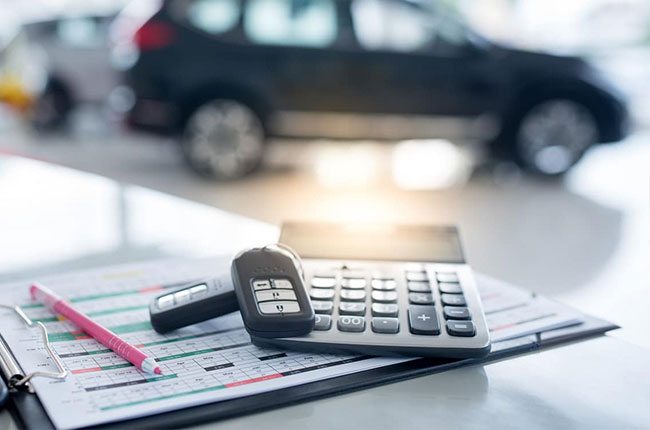Auto loans in Pakistan have consistently declined for the 16th month in a row, with a total of Rs 264 billion by the end of October 2023. According to the State Bank of Pakistan (SBP) statistics, a 3% decrease from the previous month and a significant 23.5% decline from the same time last year were reported.
Car financing which stood at Rs368 billion by the end of June 2022, has decreased by a total of Rs104 billion during the previous 16 months. The principal factor contributing to this declining trend in sales of automobiles, vans, pickup trucks, and light commercial vehicles. In the first four months of this fiscal year, sales of locally assembled automobiles fell precipitously from 48,573 (in the same period of the previous year) to just 27,163 units showing serious difficulties in the industry.
Related: How Viable is Car Financing Today?
Several factors contribute to this decline, with escalating vehicle prices, expensive auto financing options amid high-interest rates which jumped from 7% a couple of years ago to a whopping 22%, and disruptions in production caused by parts shortages at the forefront. These shortages are a direct result of SBP restrictions on opening letters of credit (LCs) for imports, creating a ripple effect across the automotive supply chain.
The challenges confronting the car industry are multifaceted, necessitating a comprehensive strategy to address the core causes. Industry stakeholders are looking forward to any shift in policy that may ease consumer financial burdens, improve economic stability and, in the end, create a more favorable climate for vehicle loans, thus reviving the sector.

Responsible for delivering local & international automotive news.




